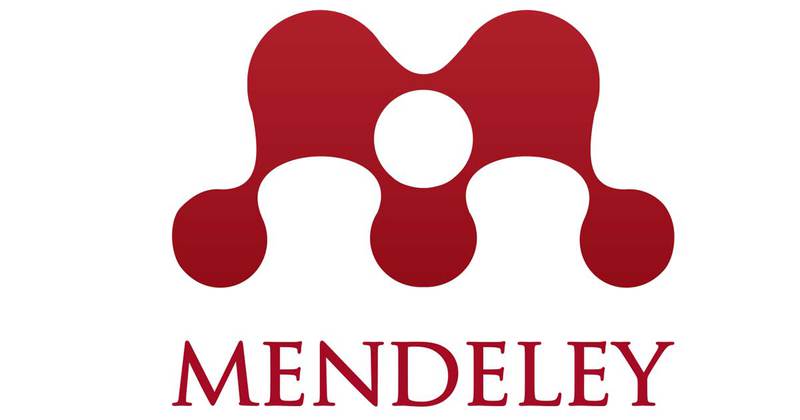The Role of Religion for Women in the Process of Educating Children
DOI:
https://doi.org/10.22219/jpa.v6i1.22733Keywords:
Islamic parenting, Islamic education, mother and childAbstract
One of the boldest changes that has happened in the Jahiliyah dan Islamiyah is the shifting values of the women. At first, women hold no values in the society and Islam changed it into the opposite. Aside from women contribution in the Islamic heritage after that. The true role of a women is to be a mother that educate their children in an Islamic way. Understanding Islam is important for a woman due to Islam has changed their values in the society and then their well-understood of Islam will affect their children like how Islam did to them. By using a normative approach, namely literature research, it can be concluded that mothers have an important role in training children to understand religion in order to prepare children for the future world. The rules of Islam from the past are absolute based on the Qur'an and Hadith have not changed since then. When women correctly understand the Islamic parenting, then the purpose of Islamic education contained in Surat At-Tahrim (66) verse 6 and Surat Luqman (31) verses 12-19 "To save children from the deviation of their nature, To make children believe in Allah SWT, Keeping children away from shirk., Making children obedient to worship Allah SWT, Forming children with noble morals., Forming children with a patient and trustworthy soul and Forming children with a social-community spirit” are achieved.
Downloads
References
Aliyah, Z. (2016, July 18). Great women in Islamic History: a forgotten legacy - FUNCI - Fundación de Cultura Islámica. Fundación De Cultura Islámica. https://funci.org/great-women-in-islamic-history-a-forgotten-legacy/?lang=en
Arinda, A. (2021). Sekolah Ibu: Konsep dan Implementasi (Studi Kasus Pola Asuh Islami dalam Keluarga di Kota Bogor). Arruum Arinda Dirasah, 4(2). https://stai-binamadani.e-journal.id/jurdir
Awaliyah, S. (2008). Konsep Anak dalam Al-Qur’an Dan Implikasinya Terhadap Pendidikan Islam Dalam Keluarga.
Dan, P., Sukmawati, F., Fakultas, D., Adab, U., & Dakwah, D. (2015). RAHEEMA: Jurnal Studi Gender dan Anak PERAN WANITA MUSLIM DALAM MEMINIMALISIR KEKERASAN DALAM RUMAH TANGGA. https://doi.org/10.24260/raheema.v2i1.171
Dewi, E., Wulandari, F., & Maryam, S. (2019). PERAN IBU MENURUT PRESPEKTIF ISLAM DALAM MENUMBUHKAN PENDIDIKAN KARAKTER ANAK Mahasiswa Prodi PAI STAI Muhammadiyah Probolinggo (Issue 2).
Faishol Khusni, M. (2018). FASE PERKEMBANGAN ANAK DAN POLA PEMBINAANNYA DALAM PERSPEKTIF ISLAM. Martabat: Jurnal Perempuan Dan Anak , 2(2).
Haderani, O. : (2019). PERANAN KELUARGA DALAM PENDIDIKAN ISLAM (Vol. 24).
Maryam Munjiat, S., Kunci, K., & Pendidikan Islam, dan. (2018). PERAN AGAMA ISLAM DALAM PEMBENTUKAN PENDIDIKAN KARAKTER USIA REMAJA. In Jurnal Pendidikan Islam (Vol. 3, Issue 1).
Muhibbin, Z. (2011). WANITA DALAM ISLAM. 4(Jurnal Sosial Humaniora), 109.
Mulyadi. (2016). AGAMA DAN PENGARUHNYA DALAM KEHIDUPAN. Jurnal Tarbiyah Al-Awlad, VI(2), 556–564.
Muslih, M. (2021). Peran Ibu Dalam Melatih Pengamalan Beragama Pada Anak Di Lingkungan Keluarga. Edunesia : Jurnal Ilmiah Pendidikan, 2(1), 162–170. https://doi.org/10.51276/edu.v2i1.103
Rahmawati, M. (2019). MENDIDIK ANAK USIA DINI DENGAN BERLANDASKAN PEMIKIRAN TOKOH ISLAM AL-GHAZALI. Journal Of Early Childhood Islamic Education, 2(2), 274–286.
Downloads
Published
How to Cite
Issue
Section
License
Copyright (c) 2023 Yeni Huriani, Abdul Wasik

This work is licensed under a Creative Commons Attribution-ShareAlike 4.0 International License.
Authors who publish with Jurnal Perempuan dan Anak (JPA) agree to the following terms:
- For all articles published in Jurnal Perempuan dan Anak (JPA), copyright is retained by the authors. Authors give permission to the publisher to announce the work with conditions. When the manuscript is accepted for publication, the authors agree to automatic transfer of the publishing right to the publisher.
- Authors retain copyright and grant the journal right of first publication with the work simultaneously licensed under a Creative Commons Attribution-ShareAlike 4.0 International License that allows others to share the work with an acknowledgment of the work's authorship and initial publication in this journal.
- Authors are able to enter into separate, additional contractual arrangements for the non-exclusive distribution of the journal's published version of the work (e.g., post it to an institutional repository or publish it in a book), with an acknowledgment of its initial publication in this journal.
- Authors are permitted and encouraged to post their work online (e.g., in institutional repositories or on their website) prior to and during the submission process, as it can lead to productive exchanges, as well as earlier and greater citation of published wor (See The Effect of Open Access).
This work is licensed under a Creative Commons Attribution-ShareAlike 4.0 International License







